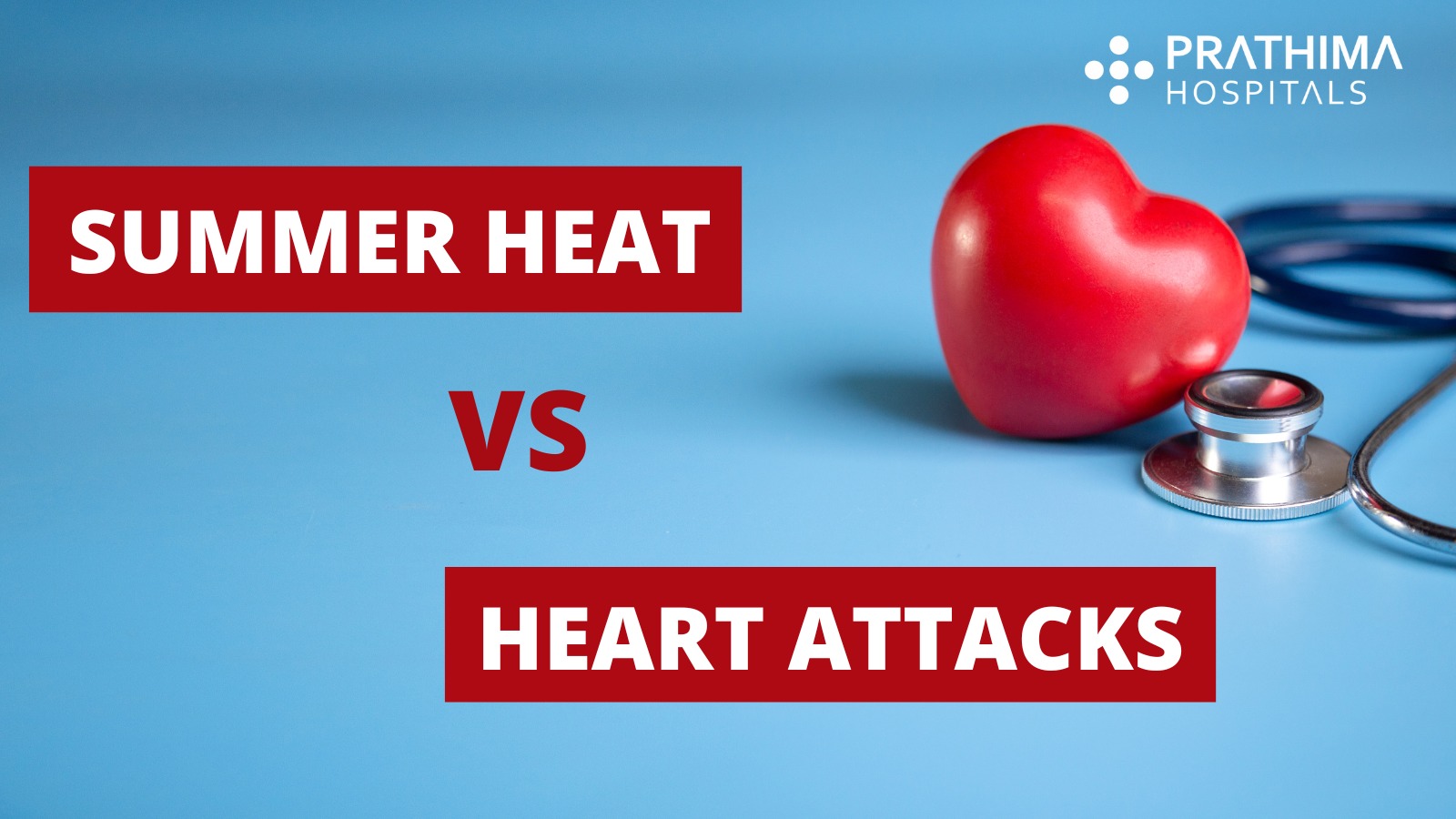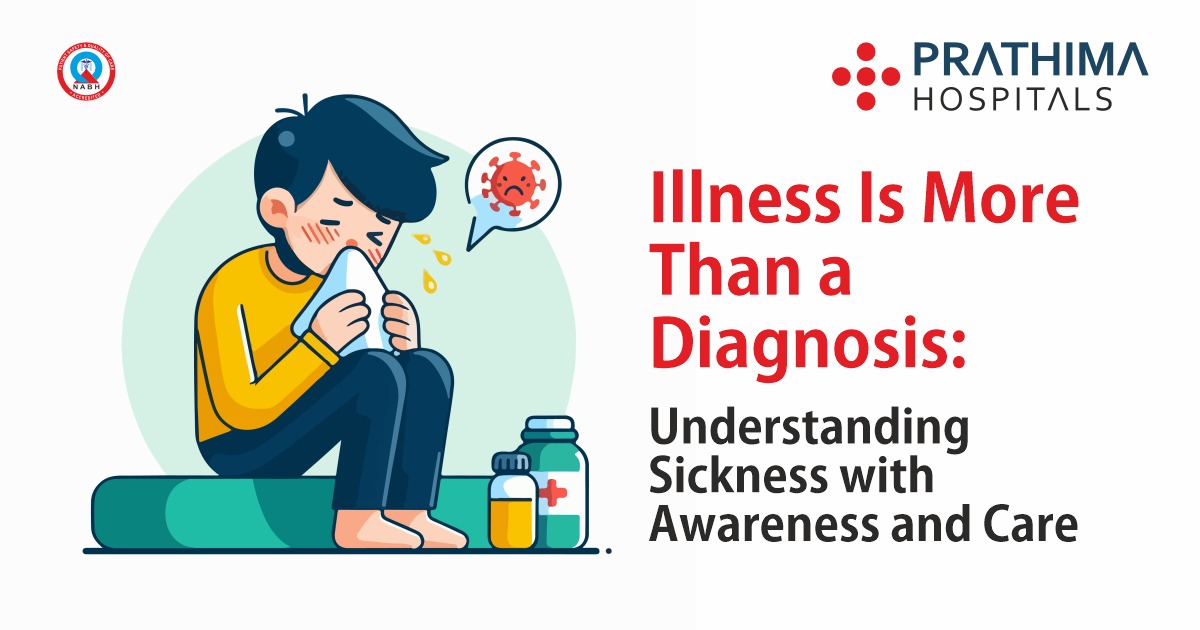The Link between Summer Heat and Heart Attacks: How to Stay Safe

Heart Attacks in summer
Introduction:
Summer is a season many of us look forward to – longer days, warmer temperatures, and outdoor activities. However, as temperatures soar, it’s important to be aware of the potential risks to our health, especially when it comes to heart attacks as stated by the Cardiologist in Kachiguda, Dr. Mohammed Wasif Azam. While heart attacks can happen at any time of the year, studies have shown that they are more common during the summer months, particularly during periods of extreme heat. In this article, we’ll explore the link between summer heat and heart attacks, and provide some tips for staying safe during the summer months.
What is a Heart Attack?
A heart attack happens when the flow of blood to the heart is stopped, usually by a blood clump. This can generate harm to the heart muscle, which can be a life-threatening. The symptoms of a heart attack can vary but often include chest pain or discomfort, shortness of breath, nausea, light-headedness, and sweating. If you or someone you know experiences these symptoms, it’s important to seek medical attention right away.
Why Heart Attacks more common in summer?
Several factors can contribute to the increased risk of heart attacks during the summer months. One major factor is the heat itself. When temperatures rise, our bodies have to work harder to regulate our internal temperature, which can put a strain on the heart. High humidity can also make it more difficult for our bodies to cool down, which can further increase the strain on the heart.
In addition to the physical strain of the heat, several other factors can contribute to the increased risk of heart attacks in the summer. For example, people tend to be more active during the summer months, which can put a strain on the heart, particularly if they are not used to exercising regularly. People may also be more likely to engage in outdoor activities that can be strenuous, such as gardening, hiking, or playing sports in summer said by Cardiologist in Kphb. Summer also tends to be a time when people indulge in unhealthy habits, such as eating more unhealthy foods, drinking more alcohol, and smoking more cigarettes. All of these factors can increase the risk of heart attacks.
Here are some tips for staying safe in the summer heat
While the increased risk of heart attacks in the summer can be concerning, there are several steps you can take to stay safe. Here are a few tips to keep in sense
Stay Hydrated:
It’s important to drink plenty of water throughout the day, especially when it’s hot outside. Detour sugary beverages, as they can drain you.
Avoid the Hottest Times of the Day:
If possible, try to avoid being outside during the hottest times of the day, which are usually between 11 am and 4 pm. If you must be outside during these times, take frequent breaks in a shaded area or air-conditioned building.
Dress Appropriately:
Wear light-coloured, loose-fitting clothing that allows your skin to breathe. This can help to keep you cool and reduce the strain on your heart.
Exercise in Moderation:
It is best to start slowly and gradually increase your activity level if you are not familiar with regular exercise. It’s also important to avoid exercising during the hottest times of the day.
Watch Your Diet:
Eating a healthy, balanced diet can help to reduce your risk of heart attacks. Avoid foods that are high in saturated and trans fats, as well as sugary and salty snacks. Instead, opt for fresh fruits and green vegetables, slight proteins, and complete grains.
Avoid Alcohol and Cigarettes:
Alcohol and cigarettes can both increase your risk of heart attacks, so it’s best to avoid them altogether.
Stay Cool:
In addition to staying hydrated, keeping cool is important for reducing the strain on your heart during the summer months. Use fans, and air conditioning, or take cool showers to help regulate your body temperature. If you don’t have access to air conditioning, consider visiting a public space that does, such as a library or community Centre.
Know the Warning Signs:
Knowing the warning signs of a heart attack will enable you to seek medical attention immediately. Chest pain or discomfort, shortness of breath, nausea, lightheadedness, and sweating can be symptoms of this disease.
Take Care of Your Mental Health:
Mental health can also be affected by the summer heat, and stress and anxiety can contribute to heart problems. Approach stress relieving methods, such as deep breathing, meditation, (or) yoga. If you are struggling with your mental fitness, seek help from a mental health professional.
Check on Vulnerable Population:
Older adults, young children, and people with chronic medical conditions are particularly vulnerable to the effects of extreme heat. Check on loved ones who may be at risk, and make sure they are staying cool and hydrated.
Be Prepared for Emergencies:
It’s important to be prepared for emergencies, especially during the summer months. Keep a first aid kit on hand, and make sure you know how to respond in the event of a heat-related emergency, such as heat exhaustion or heat stroke.
Be Mindful of Medications:
Some medications, such as diuretics, can increase the risk of dehydration, which can put a strain on the heart. If you are taking any medications, talk to your healthcare provider about how they may affect your risk of heart attacks during the summer.
Conclusion:
In conclusion, while the summer months can be a time of fun and relaxation, it’s important to be aware of the potential risks to your health, particularly when it comes to heart attacks as suggested by the Cardiologist in Hyderabad, Dr. Dhabaleswar Sahoo. By staying hydrated, avoiding the hottest times of the day, dressing appropriately, exercising in moderation, watching your diet, avoiding alcohol and cigarettes, staying cool, knowing the warning signs, taking care of your mental health, checking on vulnerable population, being prepared for emergencies, and being mindful of medications, you can reduce your risk of heart attacks and stay safe during the summer months. Remember, if you or someone you know experiences the warning signs of a heart attack, seek medical attention right away.






Warning: Undefined variable $req in /home/u885608126/domains/prathimahospitals.com/public_html/wp-content/themes/prathimahospitals/functions.php on line 294
Warning: Undefined variable $commenter in /home/u885608126/domains/prathimahospitals.com/public_html/wp-content/themes/prathimahospitals/functions.php on line 295
Warning: Trying to access array offset on value of type null in /home/u885608126/domains/prathimahospitals.com/public_html/wp-content/themes/prathimahospitals/functions.php on line 295
Warning: Undefined variable $aria_req in /home/u885608126/domains/prathimahospitals.com/public_html/wp-content/themes/prathimahospitals/functions.php on line 295
Warning: Undefined variable $req in /home/u885608126/domains/prathimahospitals.com/public_html/wp-content/themes/prathimahospitals/functions.php on line 298
Warning: Undefined variable $commenter in /home/u885608126/domains/prathimahospitals.com/public_html/wp-content/themes/prathimahospitals/functions.php on line 299
Warning: Trying to access array offset on value of type null in /home/u885608126/domains/prathimahospitals.com/public_html/wp-content/themes/prathimahospitals/functions.php on line 299
Warning: Undefined variable $aria_req in /home/u885608126/domains/prathimahospitals.com/public_html/wp-content/themes/prathimahospitals/functions.php on line 300
Warning: Undefined variable $commenter in /home/u885608126/domains/prathimahospitals.com/public_html/wp-content/themes/prathimahospitals/functions.php on line 303
Warning: Trying to access array offset on value of type null in /home/u885608126/domains/prathimahospitals.com/public_html/wp-content/themes/prathimahospitals/functions.php on line 303